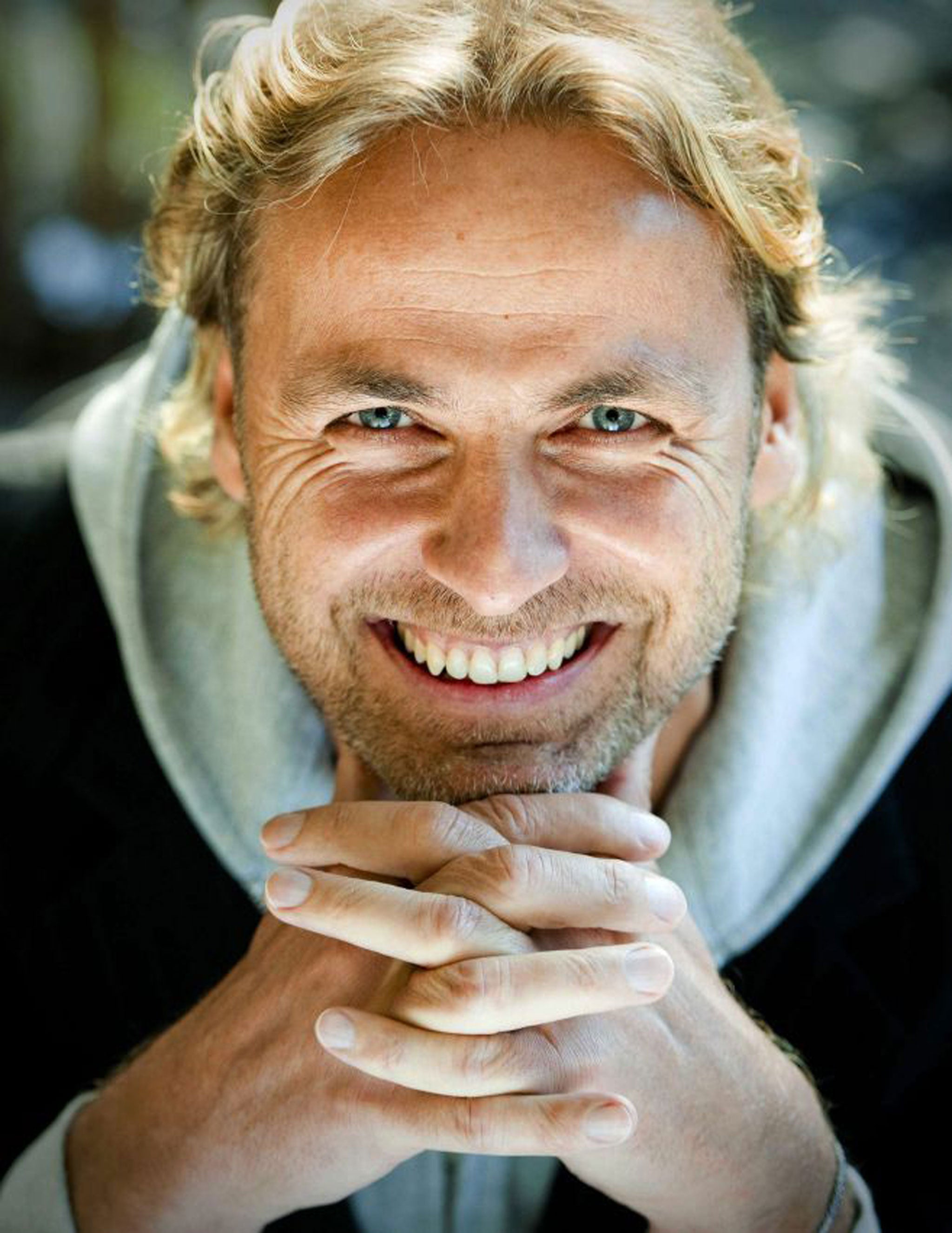Composer sounds the wrong note with official anthem for swearing-in of Holland’s future king

Your support helps us to tell the story
From reproductive rights to climate change to Big Tech, The Independent is on the ground when the story is developing. Whether it's investigating the financials of Elon Musk's pro-Trump PAC or producing our latest documentary, 'The A Word', which shines a light on the American women fighting for reproductive rights, we know how important it is to parse out the facts from the messaging.
At such a critical moment in US history, we need reporters on the ground. Your donation allows us to keep sending journalists to speak to both sides of the story.
The Independent is trusted by Americans across the entire political spectrum. And unlike many other quality news outlets, we choose not to lock Americans out of our reporting and analysis with paywalls. We believe quality journalism should be available to everyone, paid for by those who can afford it.
Your support makes all the difference.The Dutch–British composer of an official anthem intended for the swearing-in of Holland’s future king, Willem-Alexander, was forced to withdraw his work today amid vitriol from tens of thousands of online protesters and claims that the song sounded like North Korean propaganda.
Hampshire-born John Ewbank, 44, who has penned 18 Dutch top 40 hit singles, wrote his “Koningslied” anthem especially for Crown Prince Willem Alexander and his Argentine-born wife, Princess Maxima. The couple will be crowned King and Queen of the Netherlands on 30 April after 75 year-old Queen Beatrix’s decision to abdicate, announced earlier this year.
The “Koningslied”, a mixture of easy listening traditional folk and rap music, is performed by 51 Dutch artists. It was due to be broadcast during the coronation ceremony on 30 April via video link from a sports arena in Rotterdam. Some of Holland’s best-known stars had agreed to take part in the song’s rendition.
But some 36 hours after its release by Holland’s national enthronement committee on Friday morning the “Kongingslied” had attracted over 38,000 signatures for an online petition entitled “No to the King’s Song”. The protesters threatened to renounce their Dutch citizenship en masse if the five minute song was used as the coronation anthem. “In protest at this imbecilic King’s Song, I hereby resign as a citizen of the Netherlands” were the words heading the petition.
Some complained that the song was “overproduced” and that the rap sections were “dreadful” but others were more deeply offended. One signatory wrote that the Koningslied "spontaneously turns you into a republican, if you weren’t one already.”
Wouter van den Berg wrote: “I’m a Dutchman and I am deeply ashamed of my country. This song is like North Korean propaganda”.
The lyrics were based on words submitted by Dutch citizens. They were put together by a team of four writers working under Mr Ewbank’s supervision. What appears to have upset Holland’s listeners’ most is the anthem’s attempt to cast 45-year-old Willem-Alexander as a sort of latter day “Great Helmsman” from the Netherlands.
“I build a dyke with my bare hands and keep the water away,” the song has the future king telling his subjects. “Through wind and rain I’ll stand beside you… I’ll keep you safe for as long as I live.” The song then suddenly switches to rap.
Mr Ewbank insisted that the negative response to his “Koningslied” was entirely to be expected because the song had been subjected to massive public scrutiny and had been put under what he described as an “enormous magnifying glass”. But despite the outcry, the song still went straight to the top of the Dutch iTunes chart on Saturday.
Crown Prince Willem-Alexander and Princess Maxima are highly popular in Holland and their coronation is destined to be a major global media event. In an interview broadcast last week, Prince Willem promised to be a “traditional king” but insisted that he would not be a “ protocol fetishist.”
His mother, Holland’s longstanding monarch, Queen Beatrix of the Netherlands announced in January that she would abdicate to allow the “monarchy to be put in the hands of a new generation”.
Profile: John Ewbank
John Ewbank, 44, is a British-Dutch composer, lyricist and record producer.
Born in Eastleigh, Hampshire, he has gone on to produce a record number of 18 Dutch top 40 hit singles, 14 of which were for the Dutch singer Marco Borsato.
His other works include the music for Quentin Tarantino’s film True Romance in 1993. Ewbank’s “Koningslied” is his first royal commission.
Join our commenting forum
Join thought-provoking conversations, follow other Independent readers and see their replies
Comments